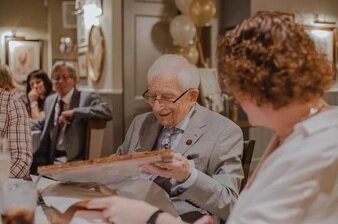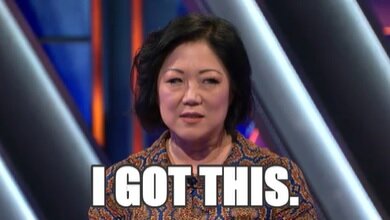Intergenerational Mediation
Families can experience a variety of conflicts when planning a funeral due to the emotional intensity and the many decisions involved. Common sources of disagreements include:[1]
1. Type of Funeral Service
Traditional vs. modern: Disagreements about whether to have a traditional religious service or a more modern, non-religious ceremony.
Cremation vs. burial: Some family members may prefer cremation, while others insist on burial, often due to religious or cultural beliefs.
As we age we need to make decisions about so many things we used to take for granted.
Whether we've noticed a change in our comfort level driving long distances or in unfamiliar places, changes in our physical strength and endurance,
I think we’ve all heard about the various stages of grief, beginning with denial, and moving through anger, ultimately arriving at acceptance.
Emotions play a huge part in conflicts.
That should seem obvious but when we’re in the midst of a conflict it may be hard to see and harder to understand the impact of our emotions.
Have you heard of the longevity economy? If you’re over 50 you’re one of more than 1.6 billion people worldwide who are in this demographic.
Current or anticipated changes in the life of a family elder can trigger all sorts of conflicts in the family.
Changes such as the death of a spouse, the elder’s declining health and the health and safety concerns that may raise, plus issues around independence, self-determination, and safety of the elder and others are classic triggering events.
An elder's capacity to contribute to the process is often an issue of great concern when trying to resolve any dispute affecting or involving the elder. While "capacity" has a very specific legal meaning when it comes to entering into an enforceable agreement or testifying in court, capacity to participate in a conversation holds to a much more practical standard.








